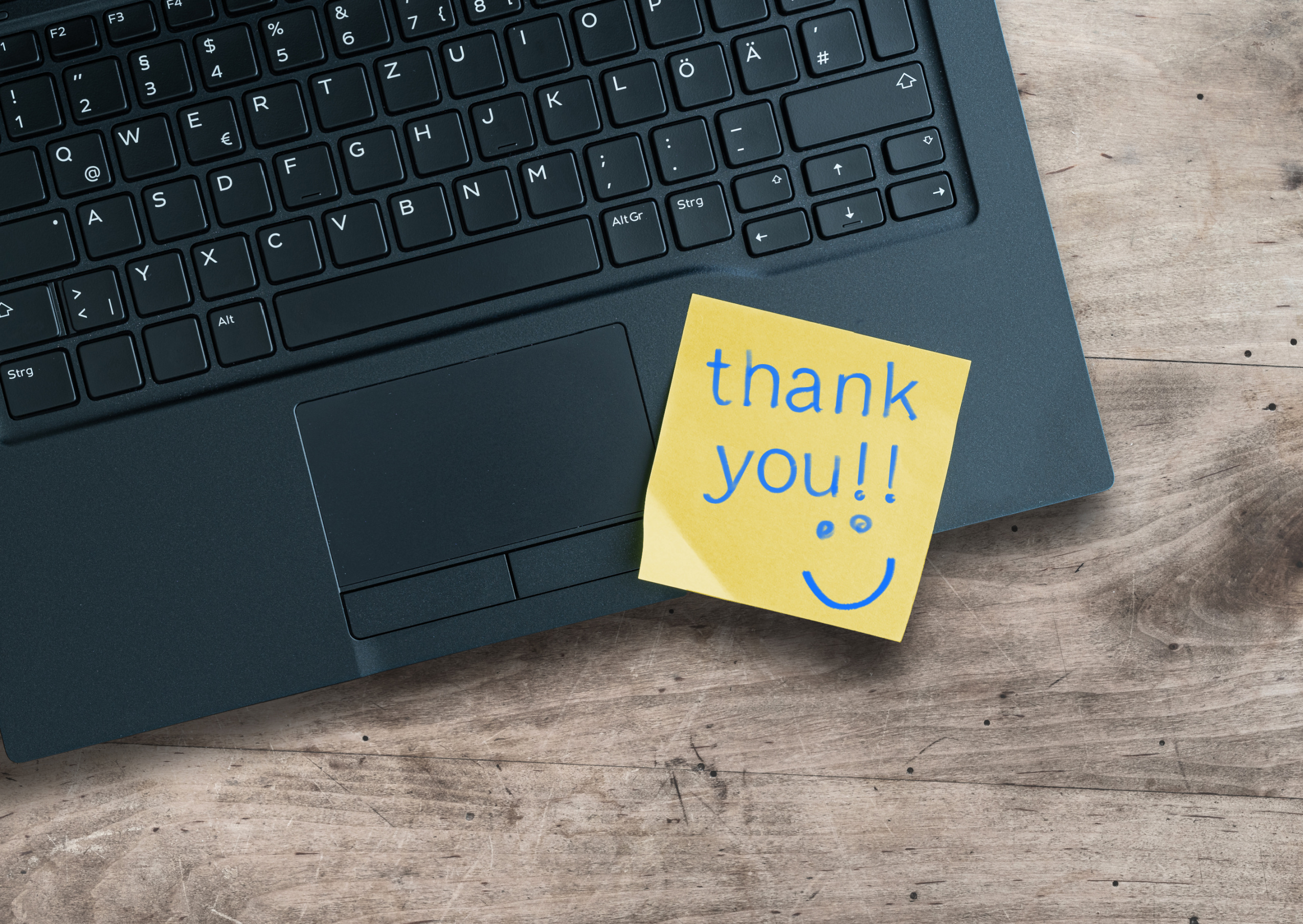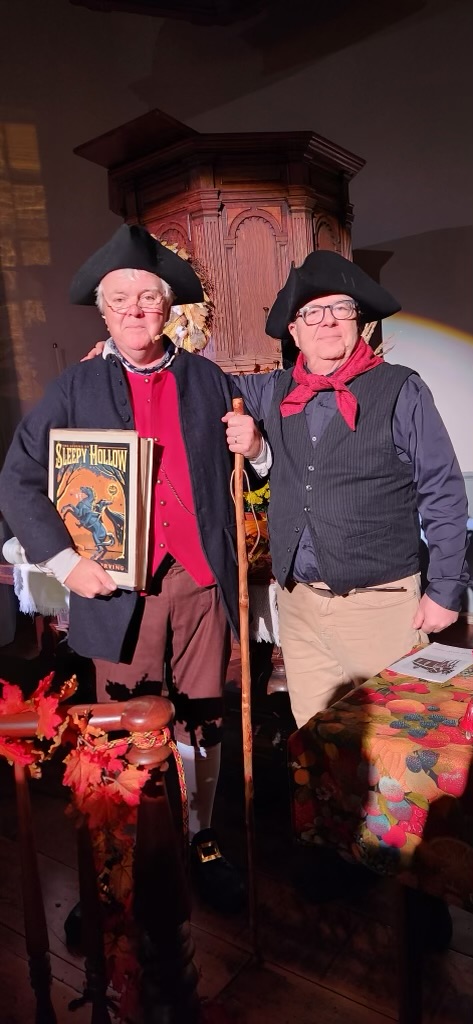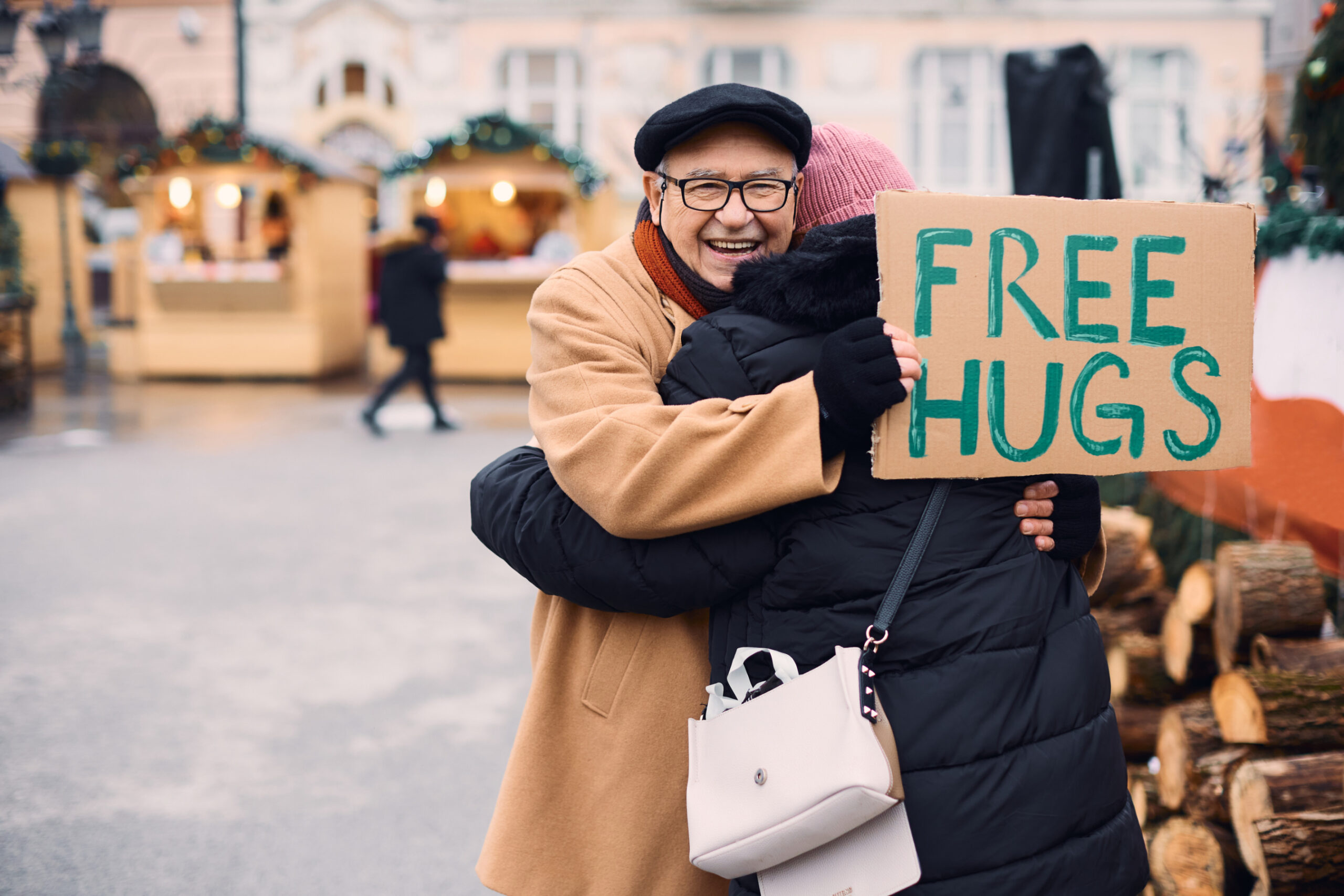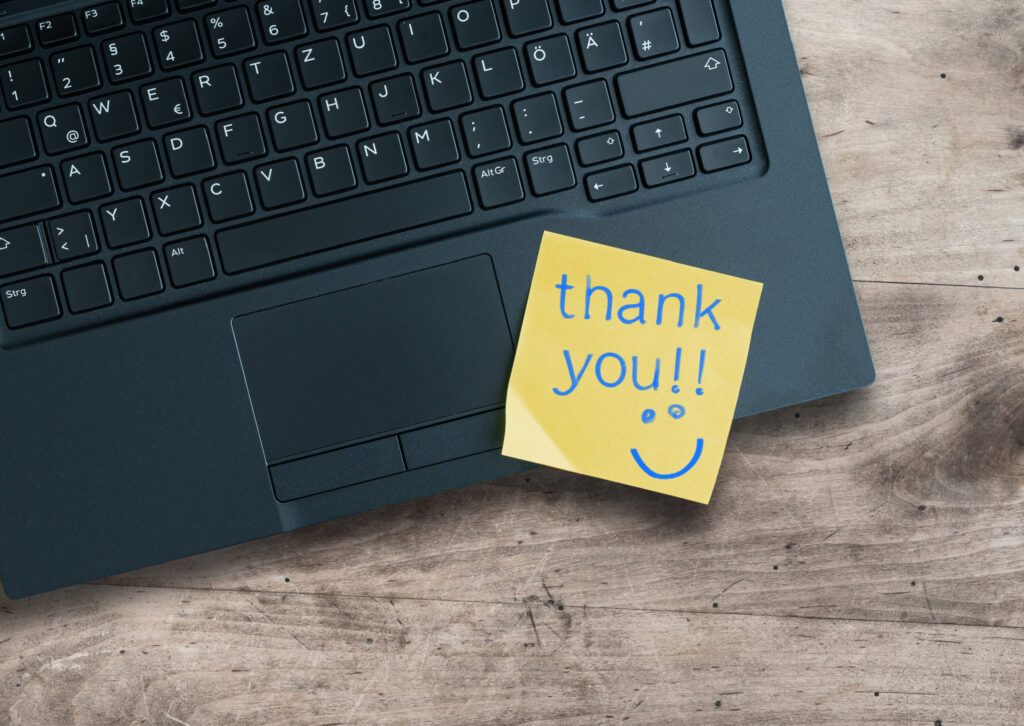Election Tensions Rise — But So Must Our Civic Responsibility
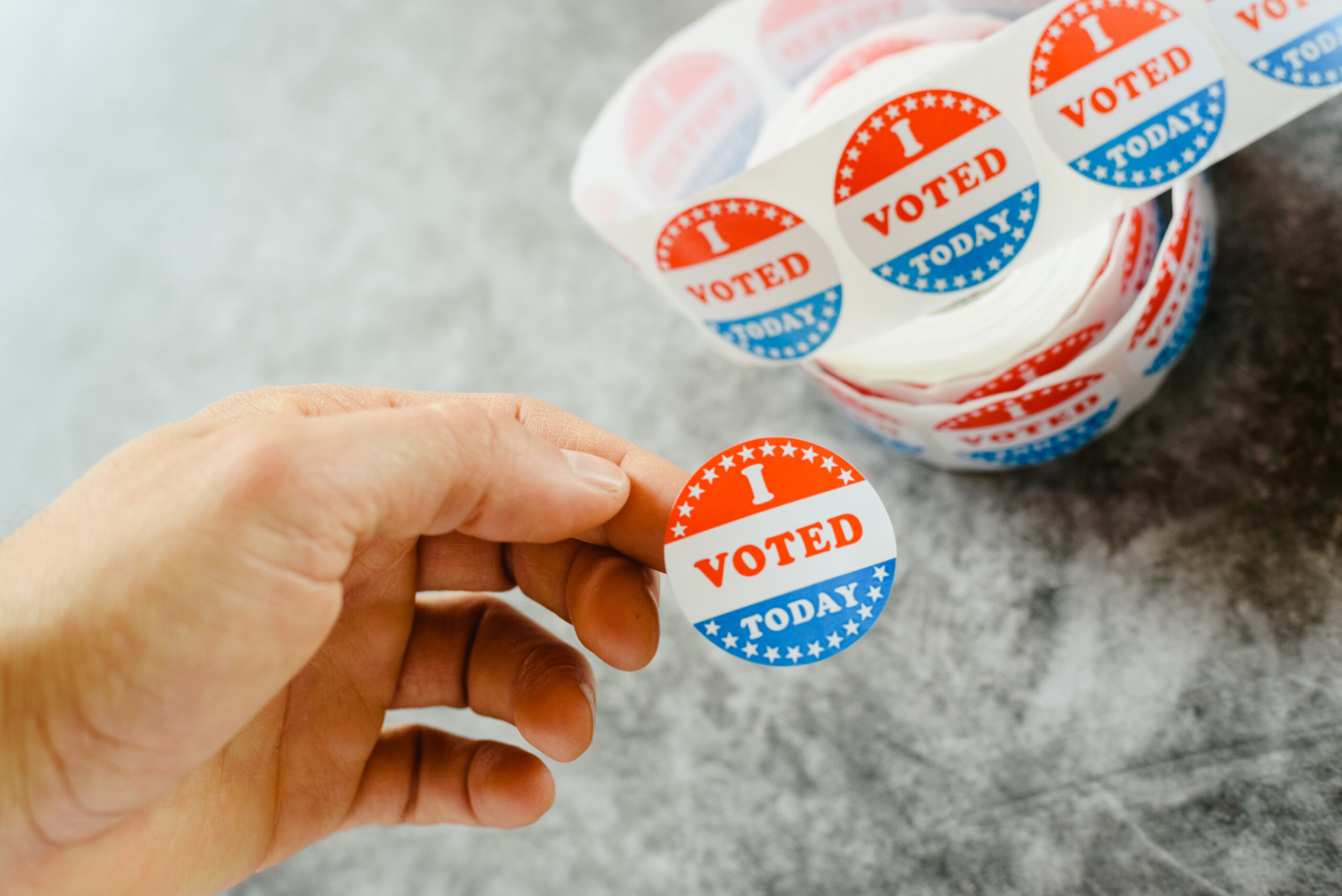
Democracy Isn’t a Spectator Sport
Elections are not just political exercises — they are civic rituals, the quiet heartbeat of our republic. When a sitting president ramps up involvement in local and state elections, tensions naturally rise. This past week, President Donald Trump’s administration announced plans to send federal election monitors into select counties in New Jersey and California as voters head to the polls. It has ignited debate, fueled accusations, and stirred fears about what this could signal for future elections.
Some warn it’s a preview of pressure tactics for the 2026 midterms; others argue it’s election oversight long overdue. Meanwhile, millions of Americans have already cast ballots without issue — a reminder that the system still largely works when Americans participate in good faith.
When Leadership Fuels Distrust
The president’s public questioning of election legitimacy and claims of ballots being “shipped” mirror rhetoric that followed the 2020 election — rhetoric that ultimately shook trust in our democratic institutions. We know words matter. When leaders sow doubt without evidence, it doesn’t simply score political points. It undermines faith in the very process we rely on to choose our leaders.
We’ve seen the consequences before: tension, division, fear — and yes, violence. Regardless of political leanings, Americans deserve leaders who calm waters, not churn them for advantage.
This Hits Close to Home
This story strikes particularly close to home for me. I know how much pride our hometown communities take in showing up to vote, working the polls, and staying engaged — not because it’s glamorous, but because it’s our duty.
Local elections aren’t distant, abstract contests. They are neighbors handing out ballots. They are volunteers checking IDs. They are everyday Americans exercising a right that generations fought to protect.
The Most Powerful Check Is Us
Federal monitors cannot change votes, and courts have halted any executive overreach into election rules. But the bigger question is cultural, not legal:
Are we, the people, prepared to safeguard our civic process by acting with civility, vigilance, and courage?
Living civics isn’t passive. It’s choosing curiosity before accusation. It’s showing up to vote even when cynicism whispers that it doesn’t matter. It’s talking about democracy with respect — even when the conversation feels tense.
And it is remembering that our fellow citizens, not politicians, are the ultimate stewards of our republic.
A Call to Courageous Participation
Election seasons will always bring noise. Leaders will test boundaries — political, legal, rhetorical. But our character as a nation isn’t defined in courtrooms or campaign rallies. It is defined in quiet, ordinary moments when we choose participation over apathy and integrity over outrage.
Democracy doesn’t survive because it is easy. It survives because citizens — you, me, and millions of others — refuse to surrender our responsibility or our faith in one another.
In uncertain times, civility isn’t weakness. It is the strongest tool we have.
Show up. Stay informed. Extend grace. And keep believing in America — not because it’s perfect, but because we each have a hand in shaping it.
That is living civics.
RECENT
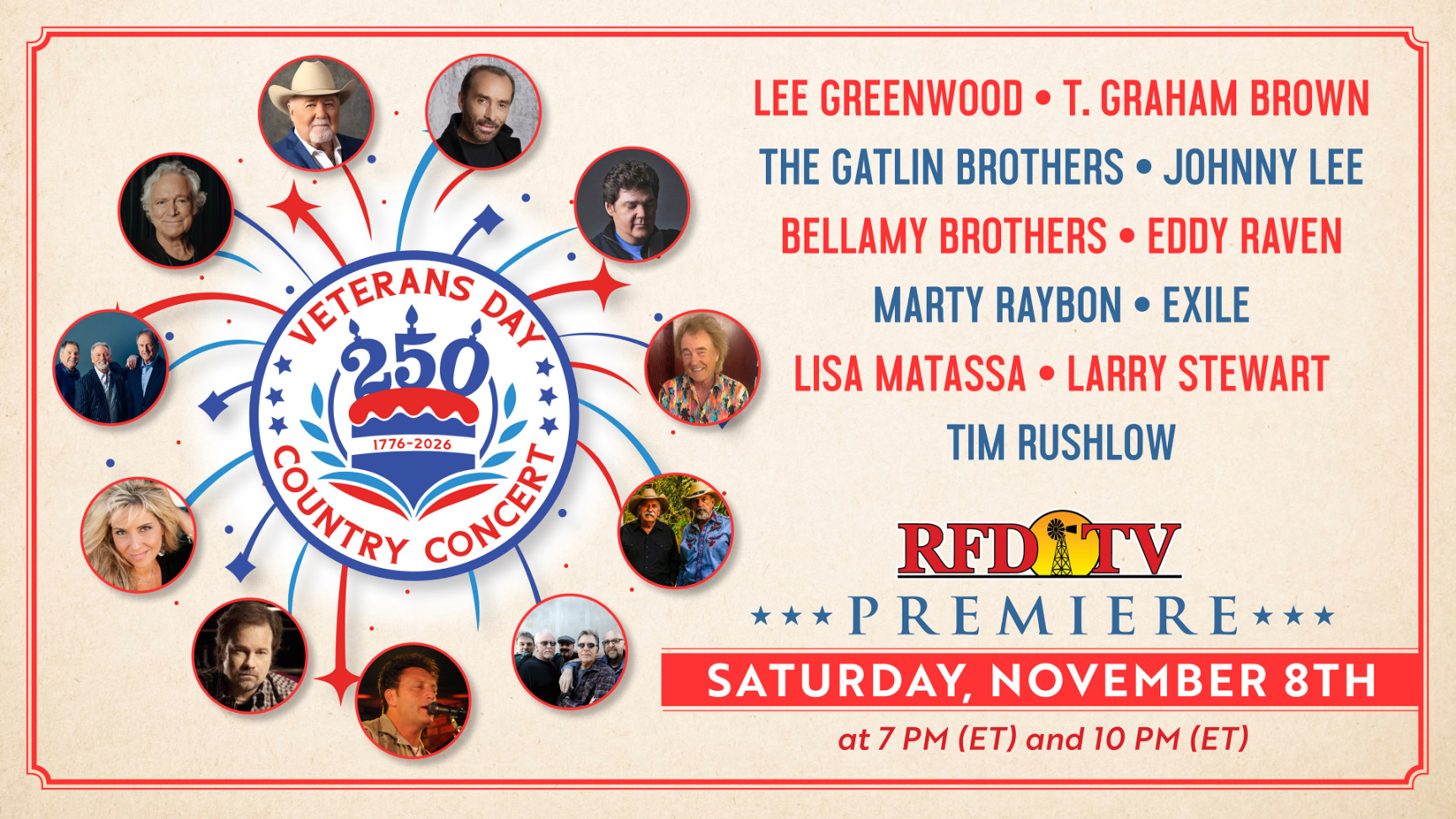


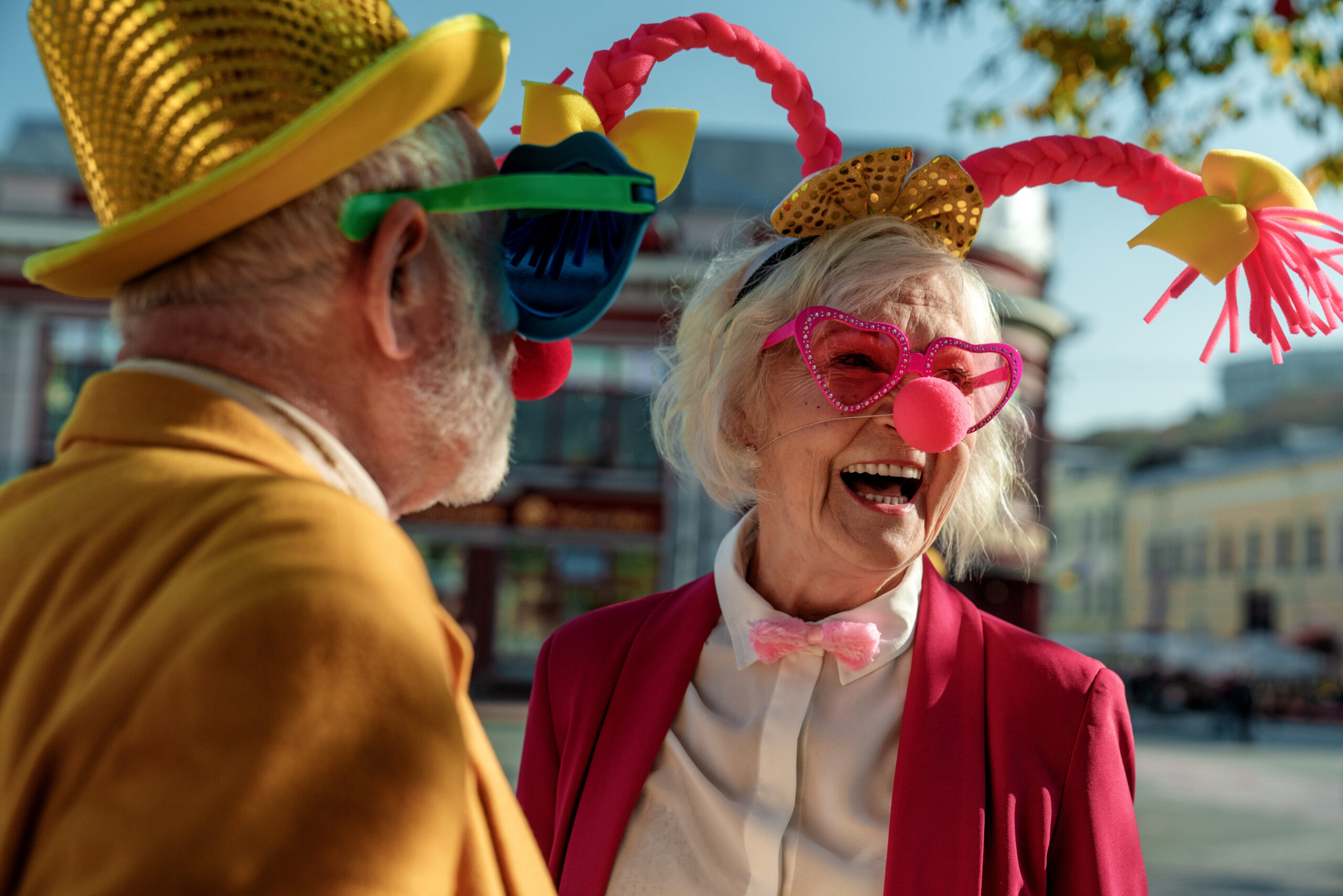
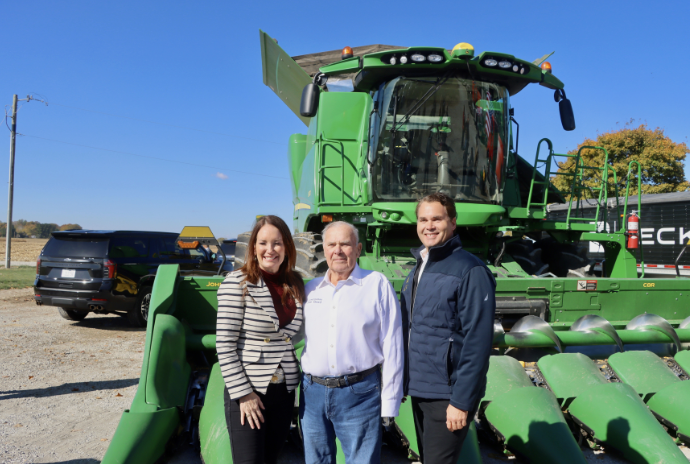
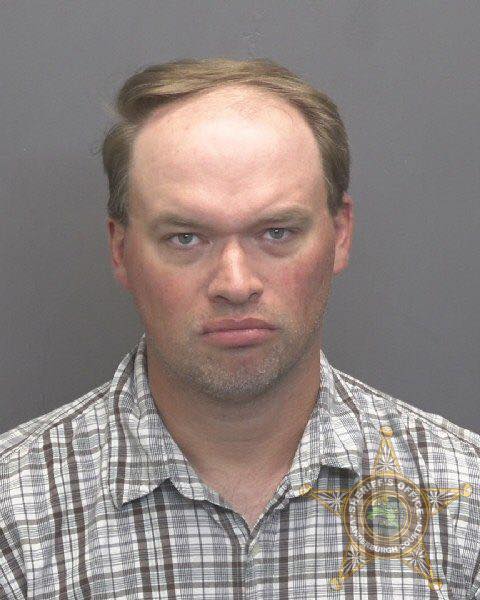
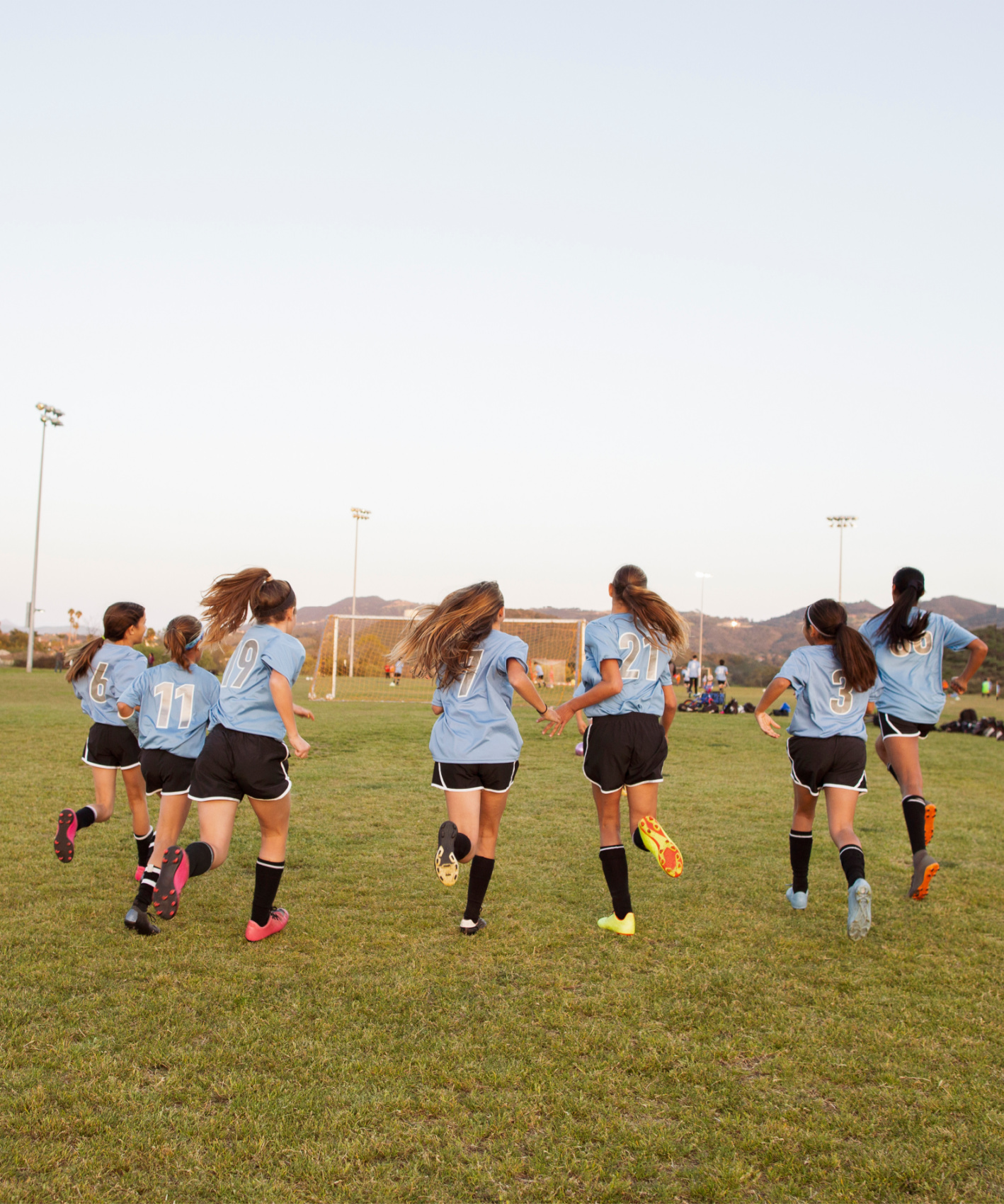
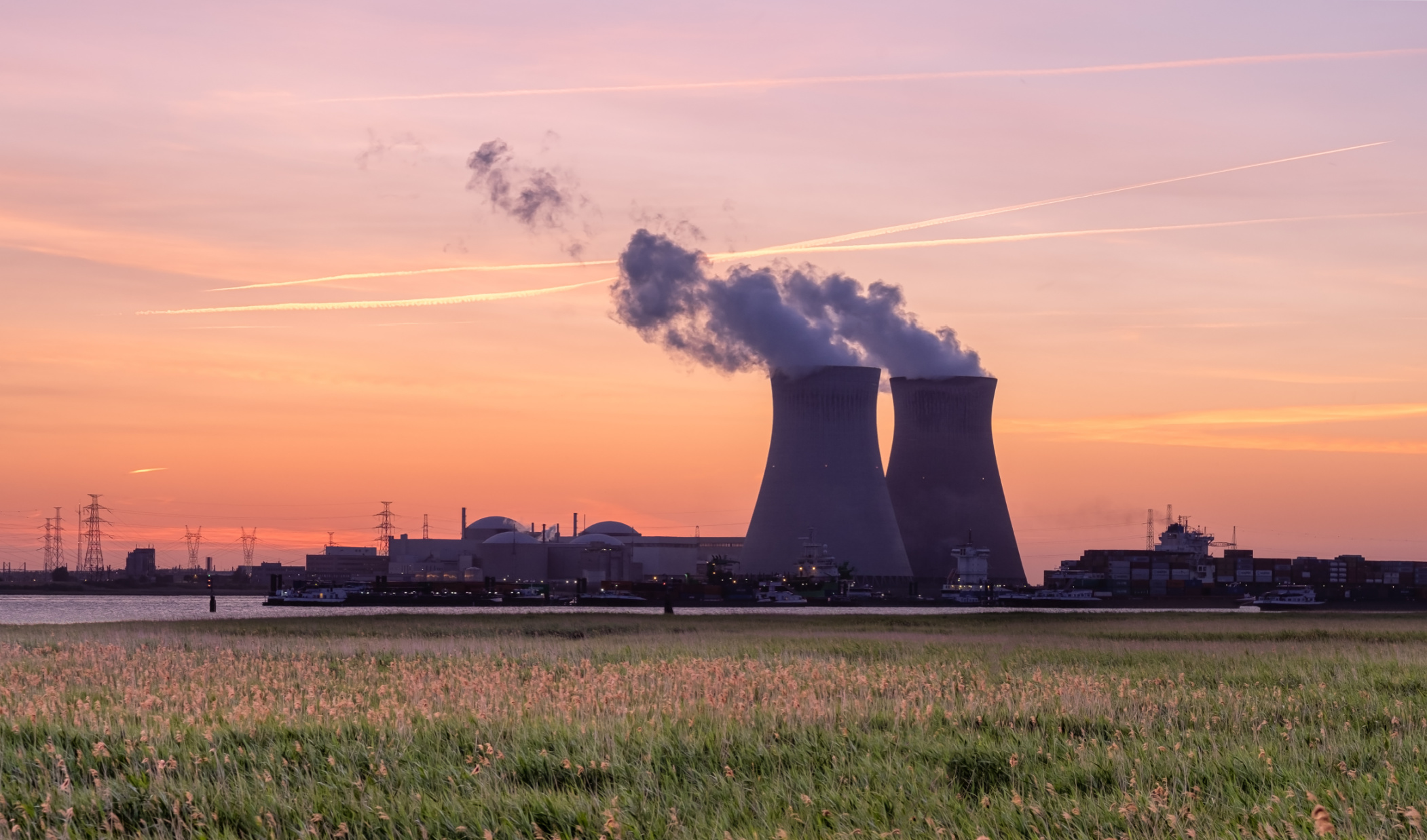
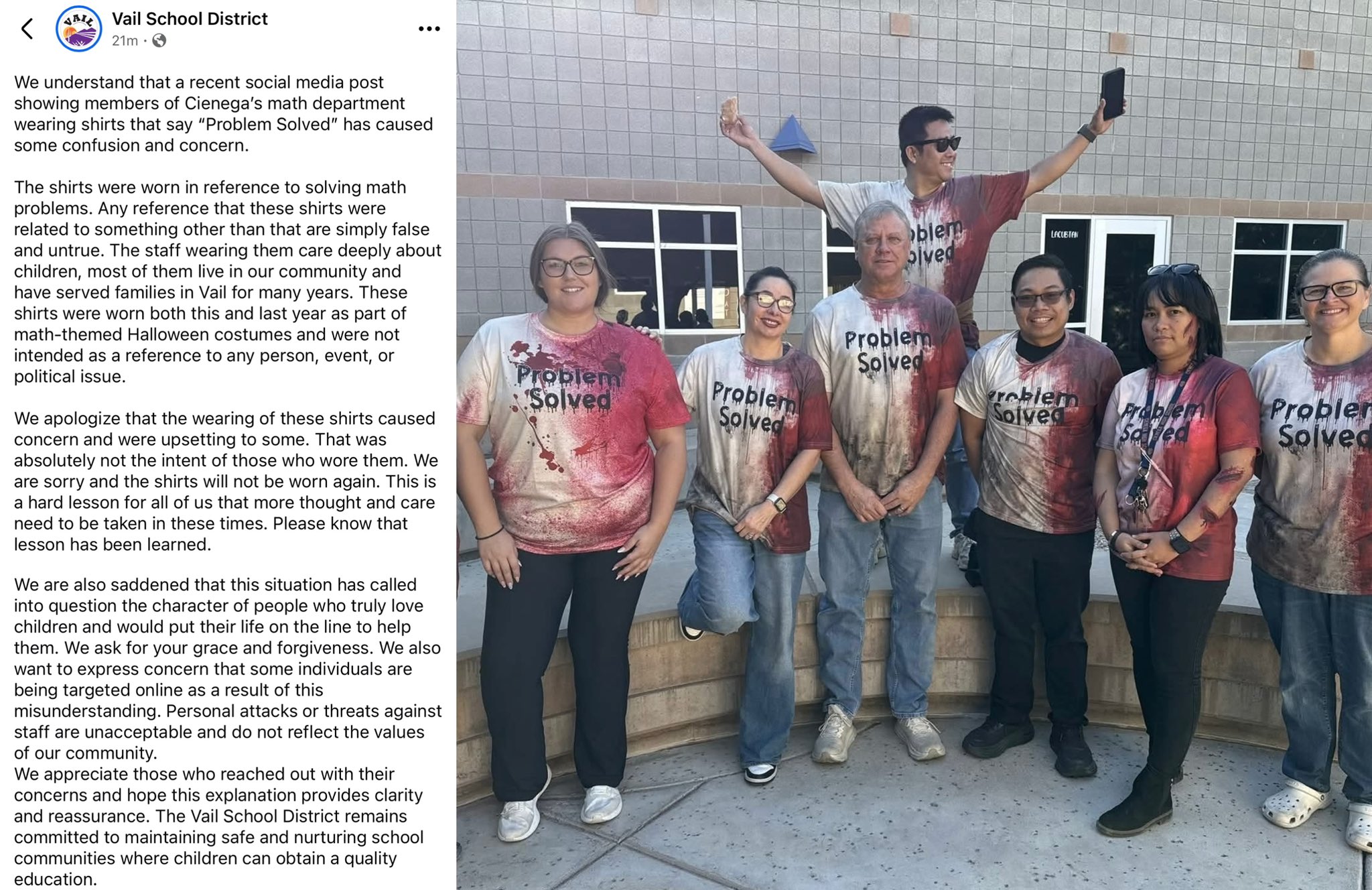
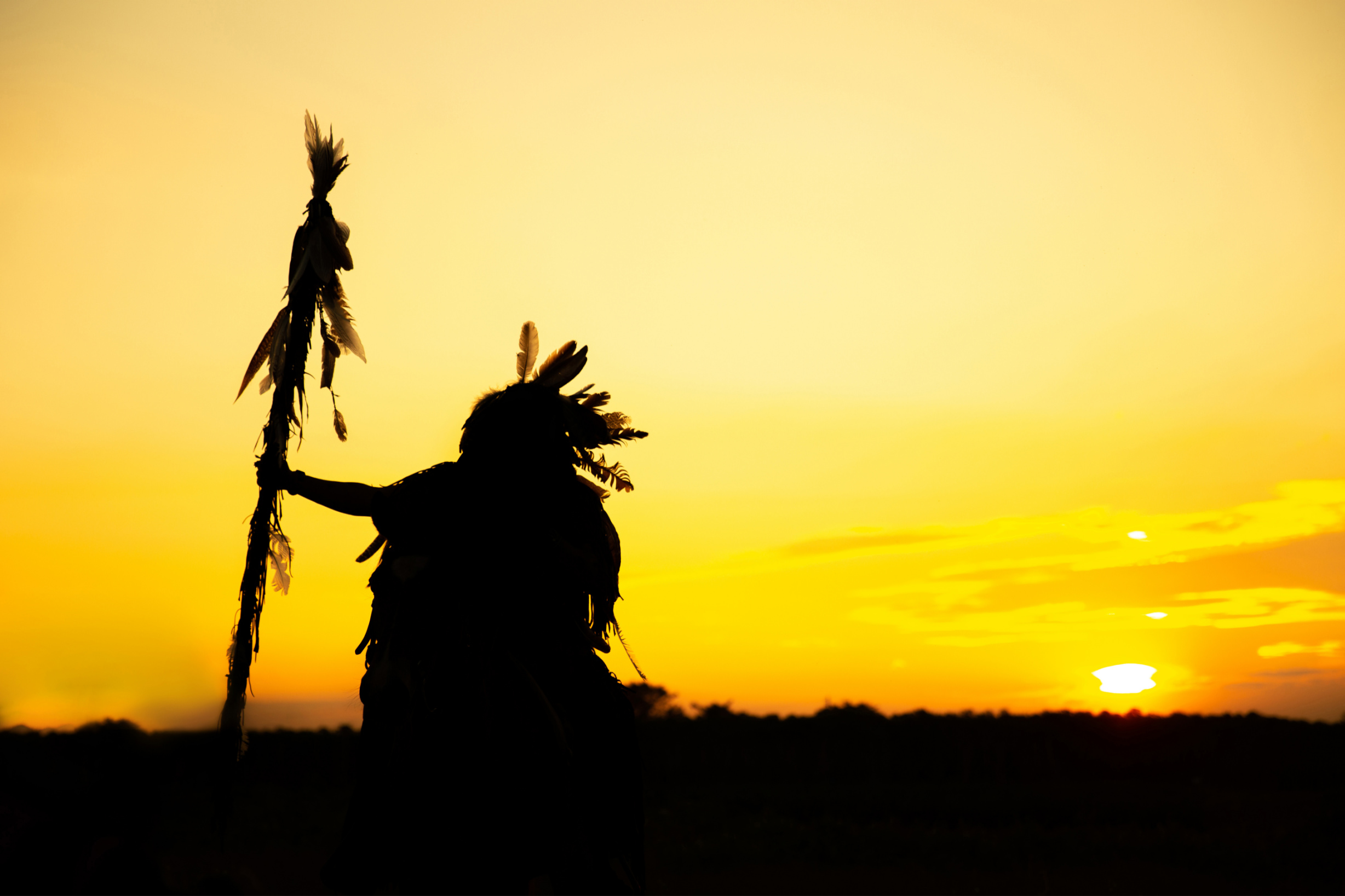
BE THE FIRST TO KNOW

More Content By
Jessica Curtis
